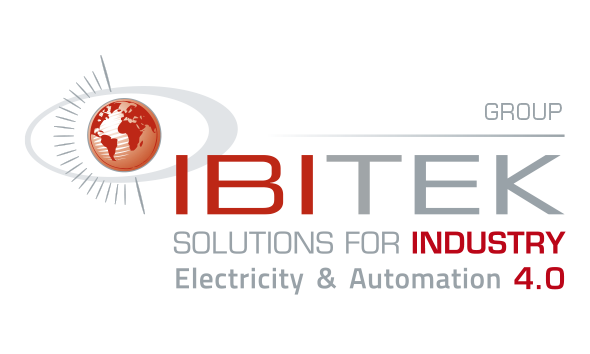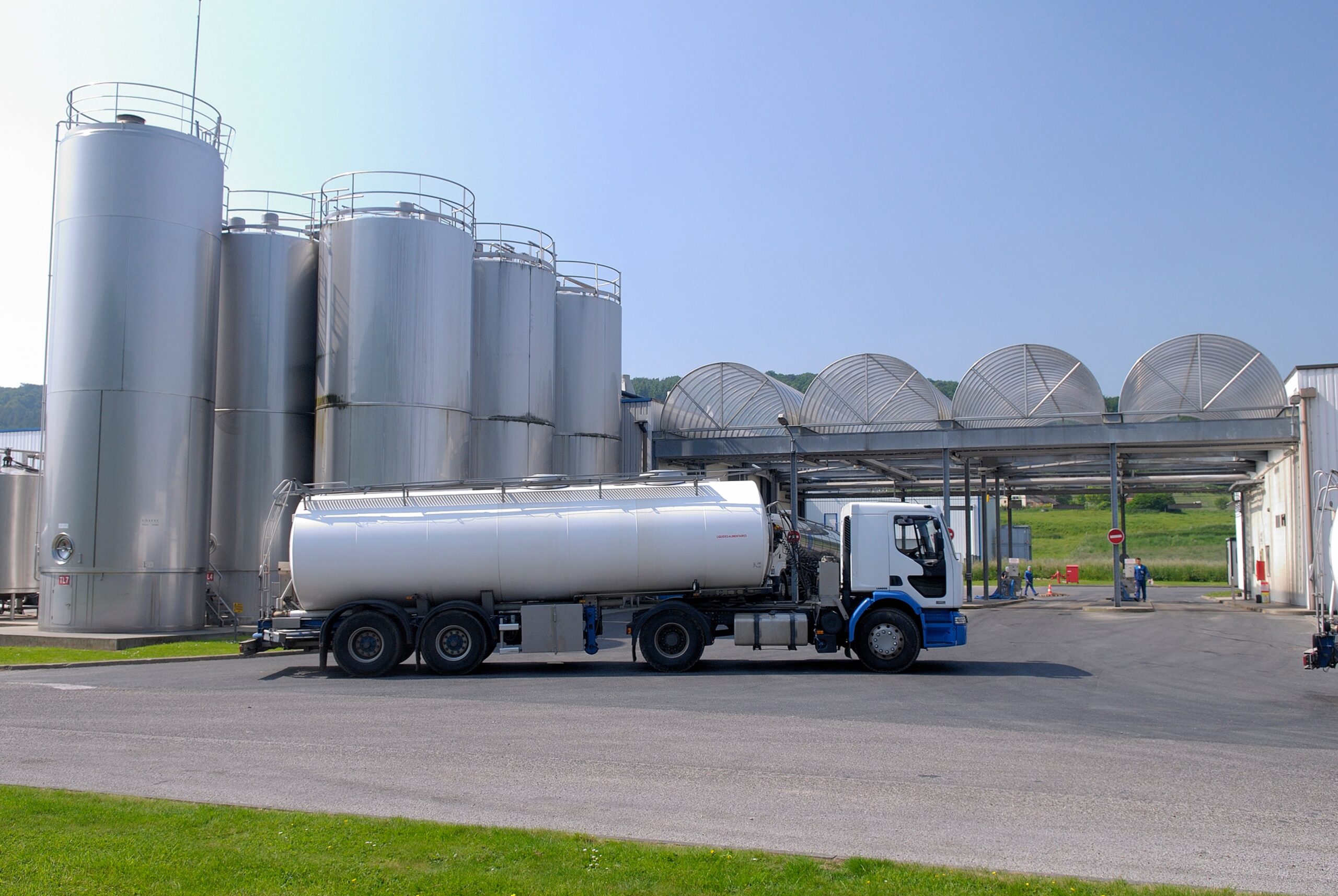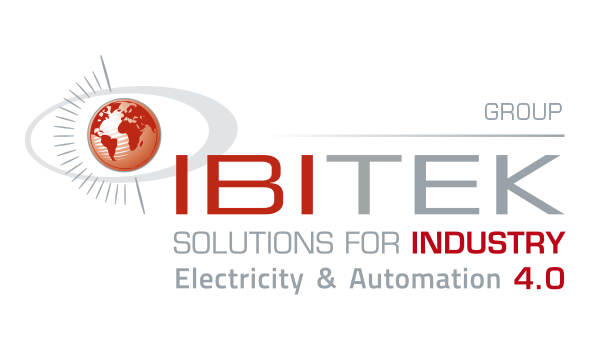Logistics, at the heart of many industrial companies, relies primarily on company data . In a world where process complexity continues to grow, having the right tools to access, analyze and use this data becomes essential. ERP integration represents a crucial step in ensuring that decision-making is based on accurate and up-to-date information.
What is ERP reporting and how does it work?
reporting centralizes company data in a single dashboard . Instead of juggling different systems, plant managers can get a complete view of their operations from one place, making decision support easier .
The evolution of decision-making in logistics thanks to ERP
tools have changed the way decisions are made in logistics. Instead of relying on hunches, plant managers can now make informed decisions in minimal time , based on accurate and reliable key business indicators .
The undeniable advantages of ERP integration reporting
An effective ERP-based reporting system can transform a business on many levels.
Increased visibility into operational data
With real-time access to a dashboard , managers can instantly identify where optimizations are needed, enabling greater responsiveness and increased performance management .
Faster and strategic decision-making process
Aggregating company data into a single tool makes it possible to accelerate decision-making and adopt a more strategic approach. In other words, we place a proactive approach at the heart of the activity.
Reduction in errors and increased fluidity of operations
With better visibility and easier access to data, the chances of errors decrease, making operations smoother and less costly.
The innovation of flow management software: an illustration with IBITruck
If ERP is the beating heart of modern logistics, solutions like IBITruck show how this technology can be complemented for maximum efficiency.
The specificities of flow management software
Beyond standard ERP tools , solutions such as IBITruck offer additional functionality. These solutions are specifically designed to connect to your ERP, as well as other management software, such as CRM.
How IBITruck leverages interconnection with ERPs for better efficiency
IBITruck , with its ability to interconnect with various ERP systems, acts as a bridge, allowing plant managers to access accurate and relevant data without having to leave their workflow management platform. This seamless integration makes decision-making faster and more reliable.
Key steps to optimize the integration of an ERP with your logistics strategy
Preparation and assessment of specific needs
Before any integration, it is essential to assess the specific needs of your business. This ensures that the chosen solution, whether ERP or complementary tools like IBITruck , is perfectly suited.
Overcoming the challenges of implementing a new solution
The integration of a new solution often requires an adaptation phase. It is therefore crucial to involve all stakeholders, from management to operators, to ensure a successful deployment.
The crucial role of training and monitoring in ensuring success
A tool , no matter how advanced, is only effective if users know how to use it. Proper training is therefore crucial, as is post-integration monitoring to quickly resolve any issues.
In conclusion, ERP integration in logistics is not just a technological step, but a profound transformation, which can propel a company to unprecedented levels of performance. In this constantly evolving landscape, solutions like IBITruck , through their interconnection capacity, play a decisive role.










